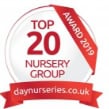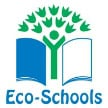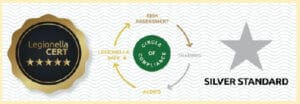Your Child
We understand that every child is unique, with their own individual needs, interests, and potential. Our dedicated team of educators and caregivers are committed to creating a nurturing, safe, and stimulating environment where your child can explore, learn, and grow. We partner with parents to ensure that each child receives care and support they require, fostering a foundation for lifelong learning and happiness. Discover how we can support your child’s journey.

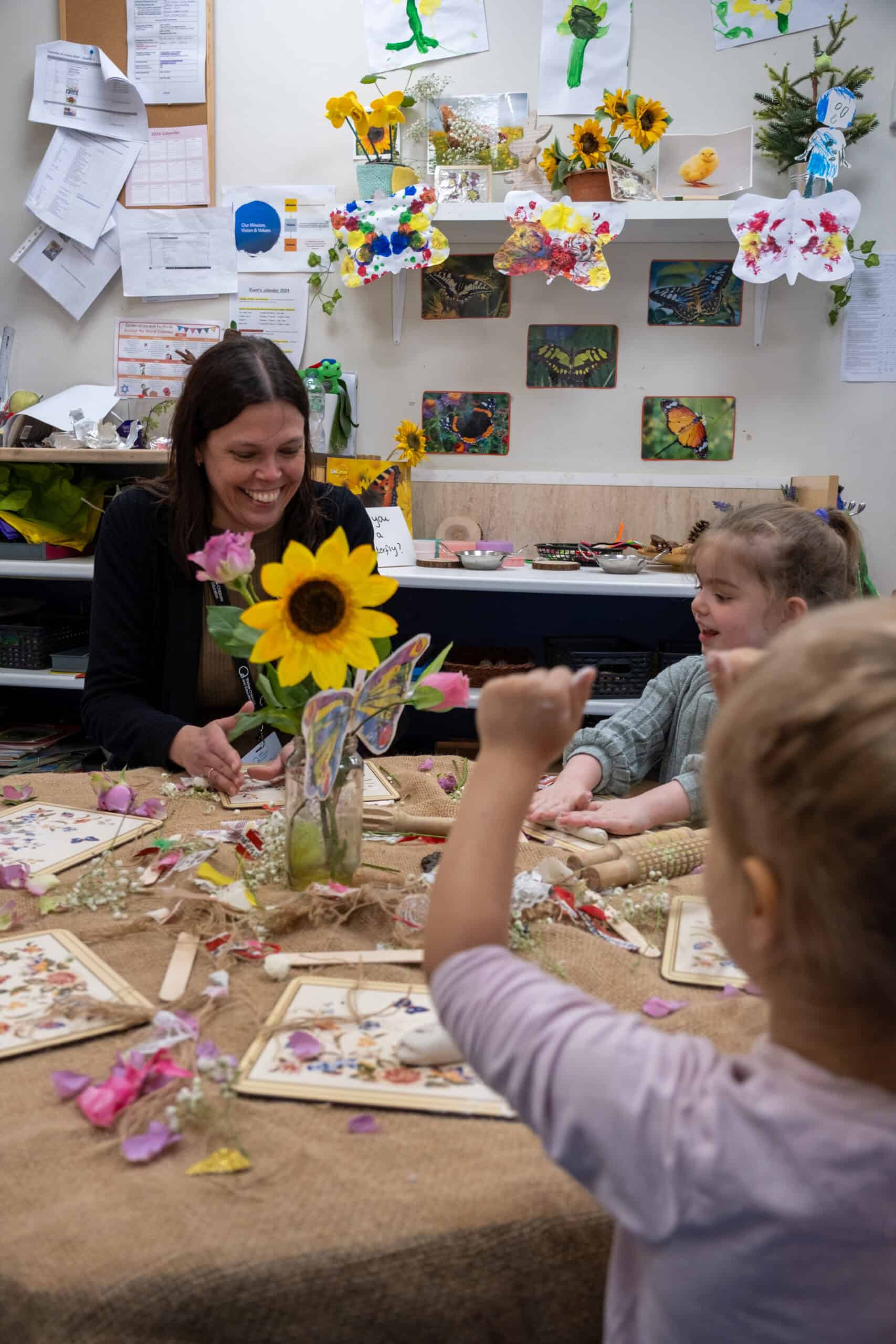
Our curriculum
Learn more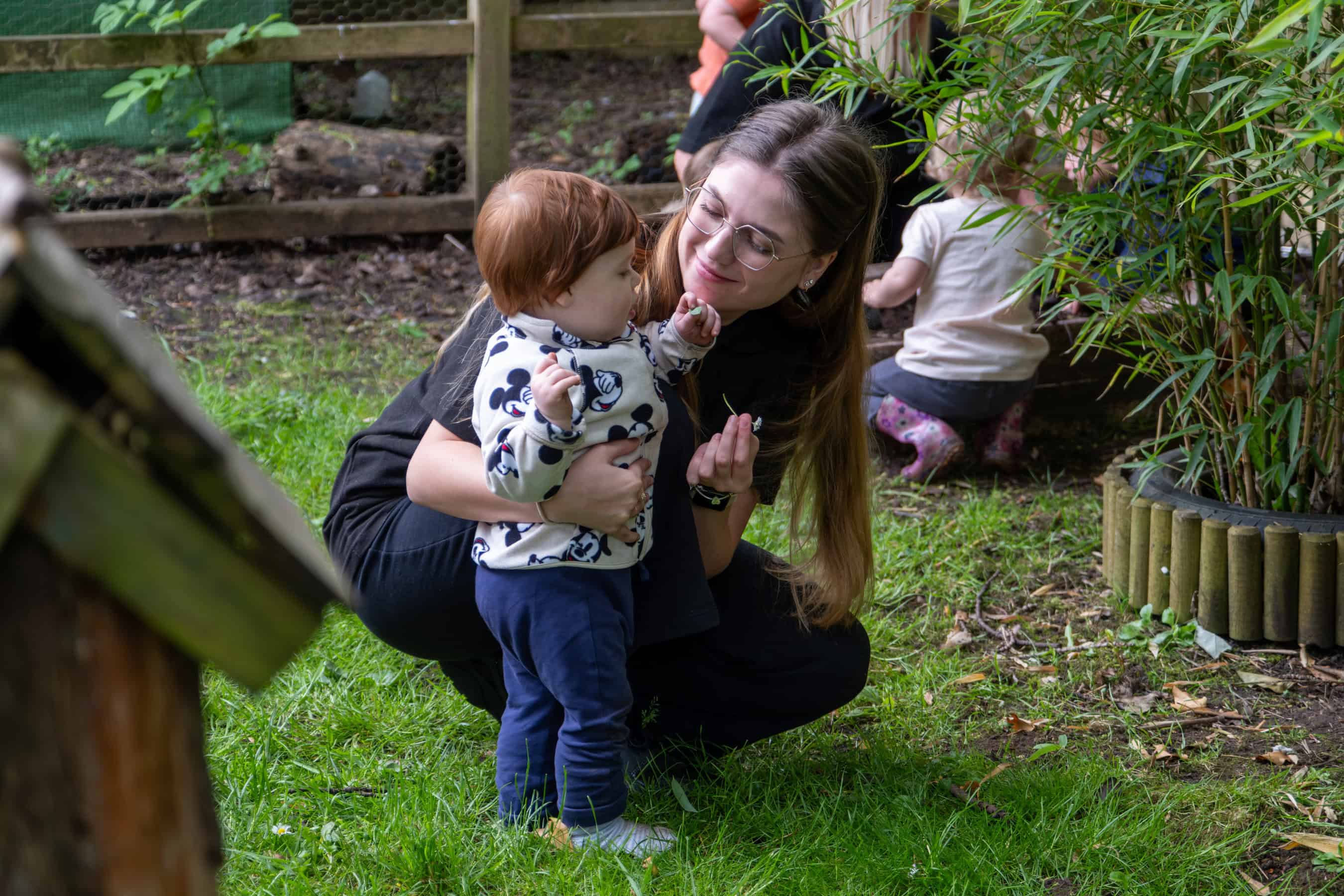
A day at nursery
Learn more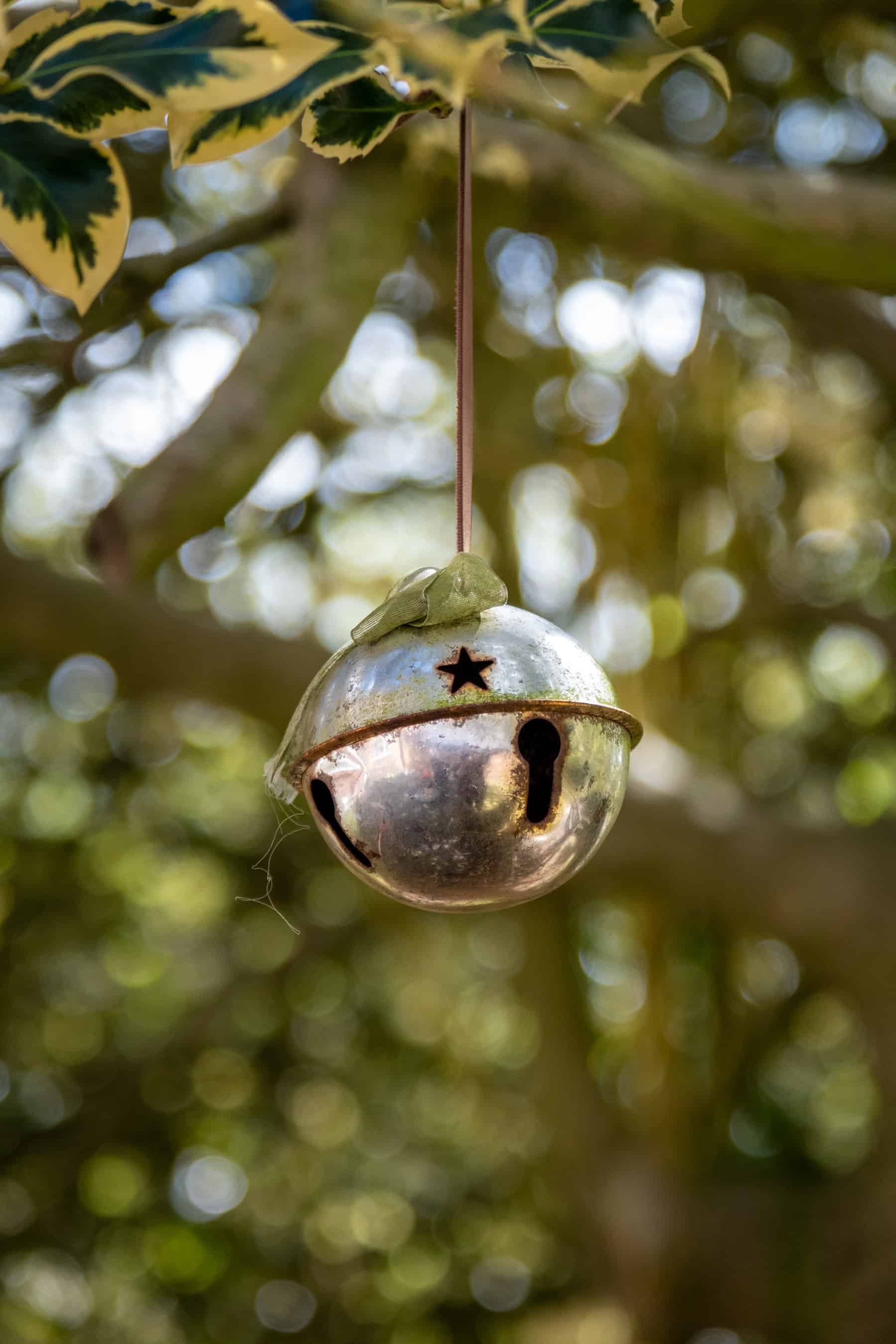
Loose Parts
Learn more
Home Learning
Learn more
Food & Nutrition
Learn more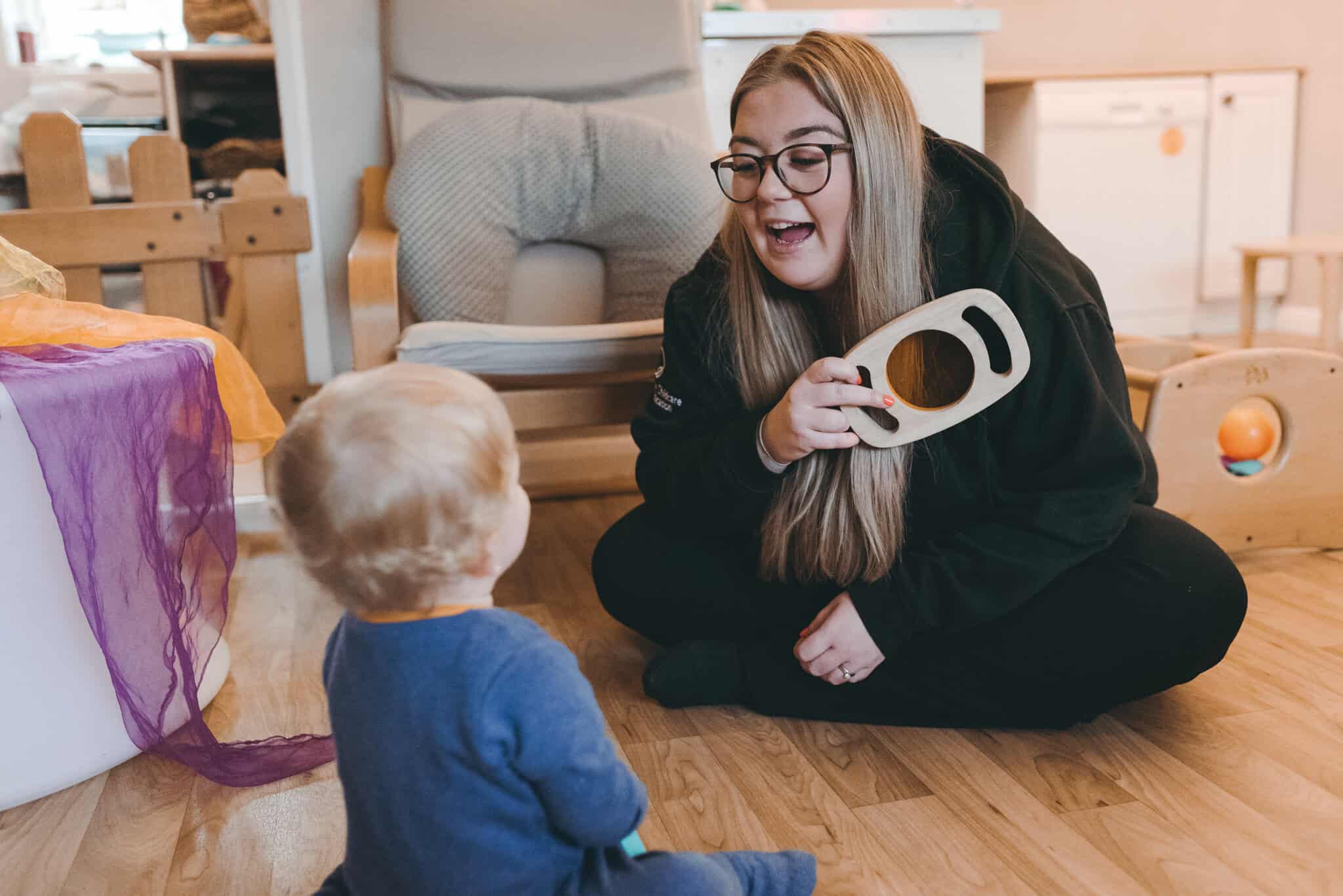
Settling In
Learn more
